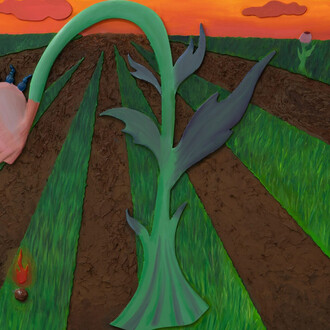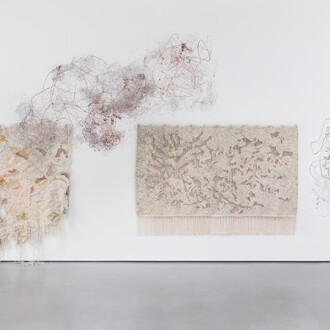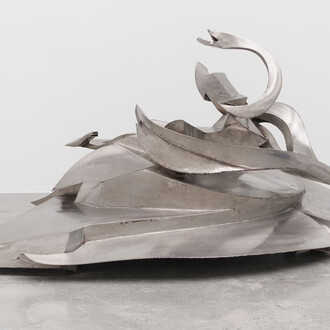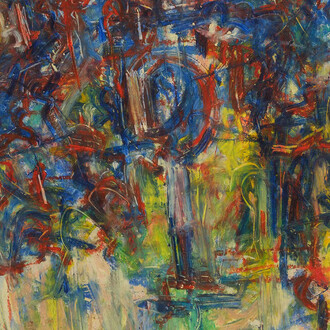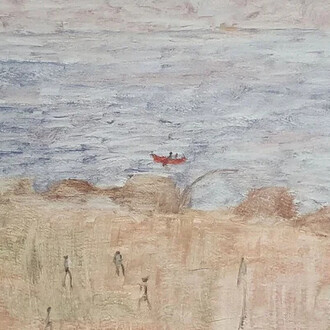The alien is a complex and multifaceted construct, interweaving notions of otherness, estrangement, and the unfamiliar. This exhibition, Alien, curated by gallery artist Yesiyu Zhao, invites over 40 artists from the Asian diaspora, working globally across a diversity of media, to explore and articulate the nuanced meanings associated with the alien and alienation in their myriad forms—spanning cultural, social, and political contexts. The term ‘alien’ here transcends the realm of science fiction, capturing the real and often harsh realities of displacement, immigration, and the pervasive sense of being an outsider in any environment. Through their works, these artists interrogate and illuminate the multifarious dimensions of what it means to be alien in the contemporary world. They offer insights into the lived experiences and existential challenges faced by those who navigate, and perhaps even embrace, the changing and conflicting conditions of being alien.
Developed during the last two years, the exhibition includes artists from numerous cities in Asia, the US and Europe. Works have shipped to Miami from Antwerp, Austin, Bangkok, Beijing, Berlin, Brooklyn, Chicago, Hong Kong, Huangshan, London, Los Angeles, New York, Newark, Seoul, Shanghai, and Tokyo. The exhibition is a historically significant one, as the first survey of the Asian diaspora ever in Miami, in a museum or a gallery. This multi-faceted look at creators from Asia and of Asian descent is timely as the gallery approaches 20 years of innovation in conceptual and artistic discoveries.
Necessary likeness. I have always been struck, even tickled, by the forms with which we collectively agree to imagine aliens in sci-fi and popular culture. Nowhere else are the limits of anthropomorphism so obvious: we think ourselves so utterly creative to storyboard out a sentient being with green skin and three eyes and maybe tentacles, yet we possess such a small capacity for questioning why we’d assume an alien would have skin or sight or physical corporeality like us at all. This might be the most endearing -if not ultimately redeeming- habit of humanity: how we cannot help but define the unknown primarily through imagined similarities.
(Author Delia Cai)





